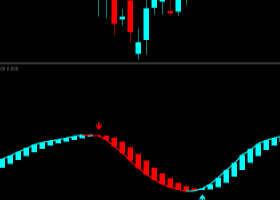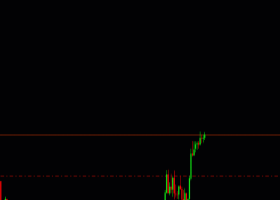
(01 JUlLY 2018)The thought of weekend:Past performance no guarantee of future results
Germany went out of the soccer World Cup in the first round for the first time in 80 years, busting many a bracket, including the UBS analysis which gave the defending champions a 90% chance of emerging from the group stage, and a 24% chance of retaining their title.
Back in May, the UBS Emerging Markets team put together a report – Investing and football: Special edition, 2018 World Cup in Russia – to try to estimate the probability of different outcomes for each team. There were a number of factors they explored that tend to be reliable indicators of how well a team could do during the tournament: first, they looked at the "Elo rating," an analysis of past performance with a higher score for large-margin wins and victories against other strong teams; second came performance during the qualification period; and third, a historical analysis of World Cup performance.
After factoring these variables together with a "home field" advantage for Russia, the team simulated outcomes and estimated probabilities.
In this analysis – performed by a team led by Michael Bolliger, Head Emerging Market Asset Allocation – Germany had a 90% chance of emerging from the group stage, and a 24% chance of winning the tournament altogether. However, they did include a disclaimer that applies to soccer just as it applies to investing: "Past performance is no guarantee of future results."
And, true to form for any forecast, things did not go exactly as expected. Germany was eliminated during the group stage – something that our team had assigned only a 10% probability. This was the first time that Germany failed to advance past the group stage since 1938. Interestingly, they are also the fourth of the last five defending champions to go out in the group phase of the tournament.
But we shouldn't jump to throw out the whole analysis based on one upset. The report gave a 60% likelihood that either Germany, Brazil, or Spain would be crowned champion. These teams have taken home 50% of the trophies since 1930, and Brazil and Spain have both advanced to the next stage, winning each of their groups. Their performance reinforces the view that they are the favored teams to win the tournament.
Justin Waring, Investment Strategist Americas, points out some interesting parallels for investors: "this reinforces the fact that past performance isn't a guarantee. Performance-chasing can be a damaging bias for investors, and one of the reasons why rebalancing can add value is that you'll often see yesterday's winners become tomorrow's losers."
Waring also points out the importance of focus on base case scenarios, rather than tail risks: "this helps illustrate the frustration of trying to pick a single winner, and by contrast the benefit of diversification – after all, even though we saw Germany as the most likely victor, our analysis still gave them a 76% chance of losing the tournament."
(By UBS)


